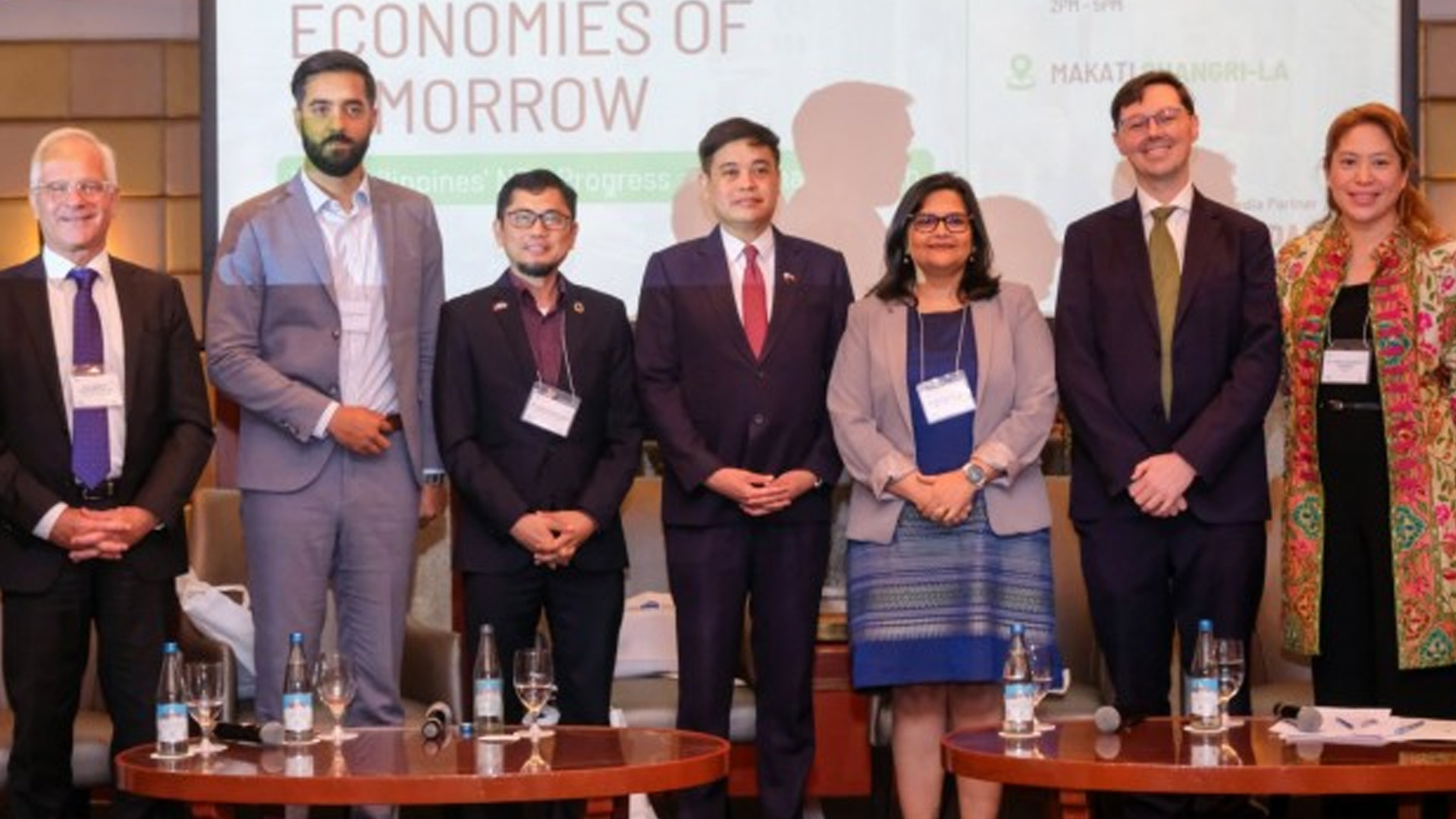The Climate Change Commission (CCC) has reaffirmed the Philippines’ dedication to climate action through green economic pathways.
In a news release on Friday, the CCC said the ‘2025 Sustainability Forum: The Green Economies of Tomorrow’ held on Jan. 31 gathered key figures from the government, business, and international organizations to fast-track the country’s transition to a sustainable, low-carbon economy.
“The private and public sectors are crucial partners in this transformation. The shift to renewable energy, electric vehicles, smart cities, and sustainable agriculture are all areas where we can advance,” Secretary Robert E.A. Borje, Vice Chairperson and Executive Director of the CCC, said.
He underscored the strong collaboration between these sectors would help drive investments in renewable energy, climate-resilient infrastructure, and green technologies.
During the forum, Borje reiterated the country’s commitment to reducing greenhouse gas emissions by 75 percent under its Nationally Determined Contributions (NDCs), a crucial target under the Paris Agreement.
He identified energy, transport, waste, industry, and agriculture as the key sectors driving the NDC Implementation Plan (NDCIP).
Meanwhile, Borje also underscored the importance of a just transition plan to ensure that the transition to a low-carbon economy is fair and inclusive, ensuring that workers and vulnerable communities equitably benefit from green economic policies without being left behind.
The forum, organized by the German-Philippine Chamber of Commerce and Industry (GPCCI) in collaboration with the German Embassy, provides a vital platform for fostering collective action and developing effective climate solutions.
GPCCI president Marie Antoniette Mariano said the forum is a space for meaningful dialogue, alignment of strategies, and strengthened partnerships to drive lasting impact.
The discussions also explored ways to align Philippine climate policies with international commitments while addressing local economic and social priorities.
Borje said the Philippines’ updated NDC, set to be released this year, would incorporate emerging technologies and evolving priorities, further scaling up both adaptation and mitigation efforts.
During the forum, he also encouraged strong collaboration and collective action among countries and stakeholders in realizing their climate ambitions of a climate-smart, climate-resilient, and low-carbon sustainable future. (PNA)







